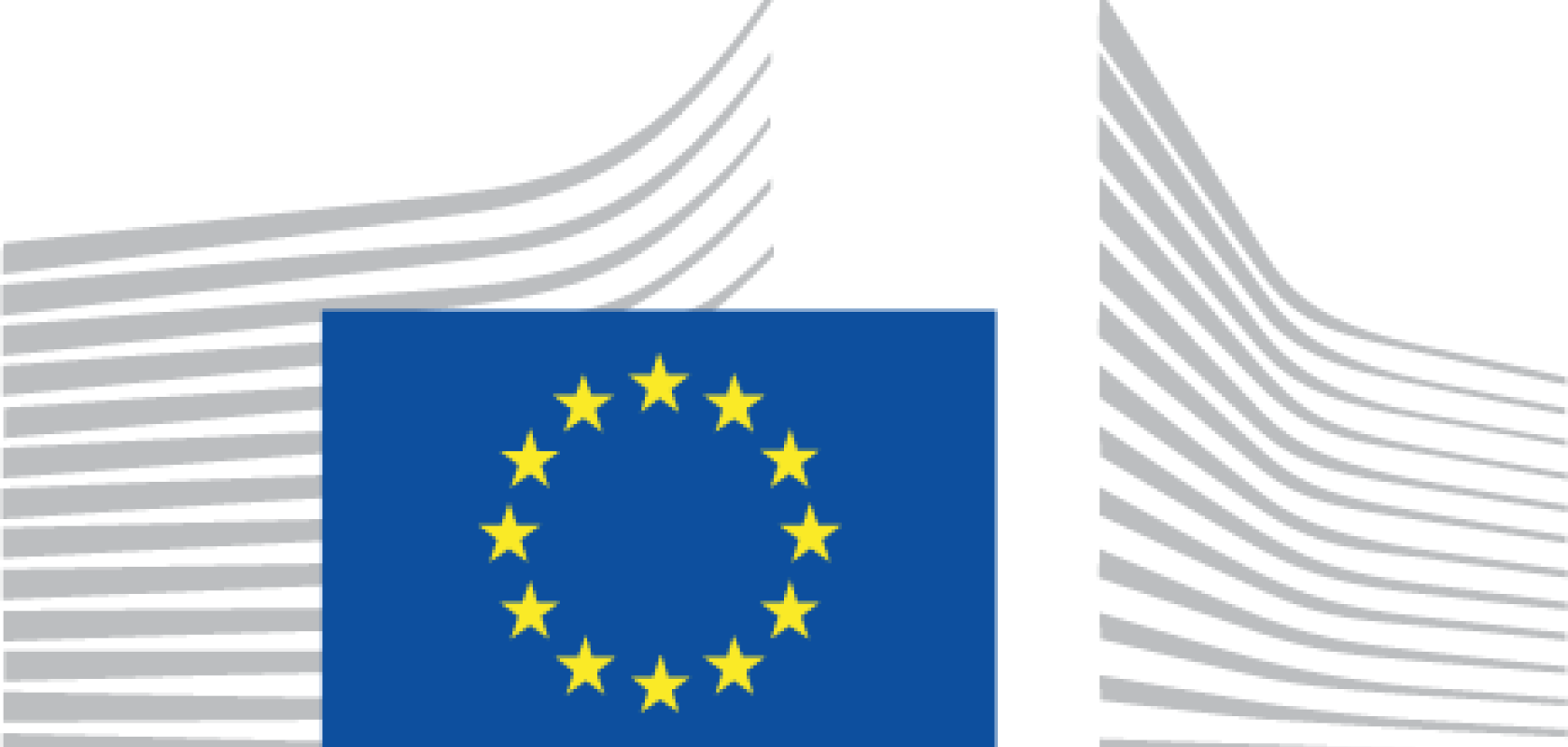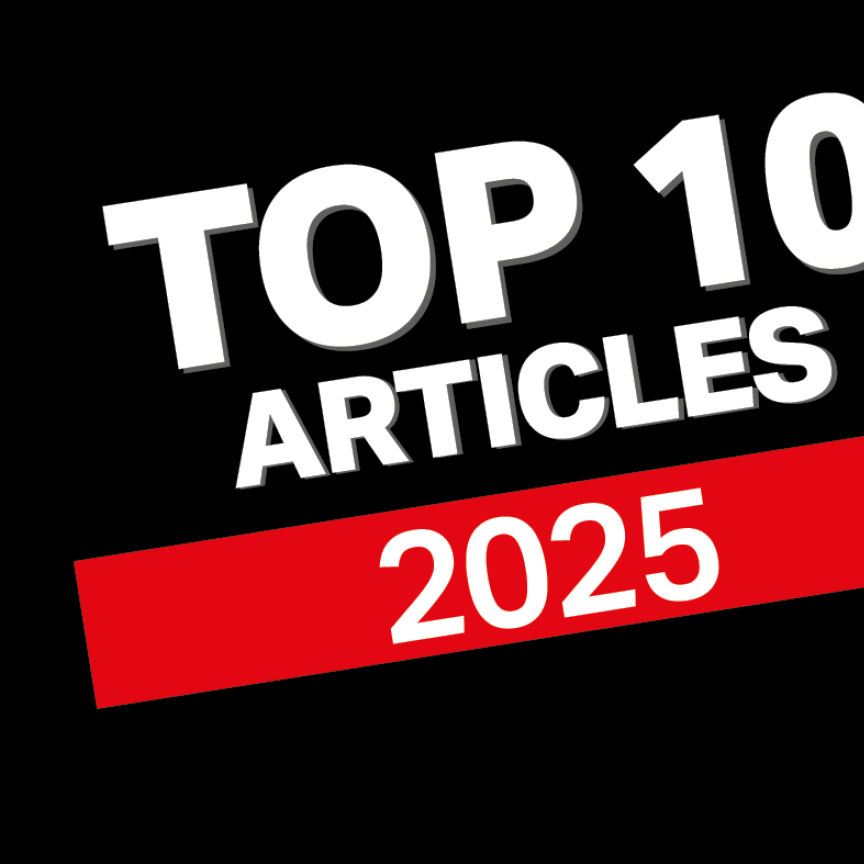The European Commission has confirmed that it is fully committed to the fast deployment of self-driving technologies in Europe, it was announced at the first European Conference on Connected and Automated Driving on 3-4 April in Brussels. According to the Commission, it is now crucial that the European Union provides the right legal and regulatory framework, innovation-friendly conditions and support to self-driving research projects and large-scale trials.
The commision is now supporting the development of such a framework in line with the Amsterdam Declaration made in April 2016, in which EU transport ministers outlined the steps necessary for the development of self-driving technology. The framework for connected and automated driving encompasses policy as well as regulatory and public support actions for the development and deployment of driverless technologies, and will provide users with a wide portfolio of mobility services, strengthen the competitiveness of the EU industry and increase sustainability without curbing mobility.
‘Automated road transport is such a fast-moving and important area that it requires a coordinated and collaborative approach within and between the public and the private sphere,’ said Carlos Moedas, European commissioner for Research, Science and Innovation. ‘A vast range of sectors, from the automotive industry and road infrastructure to IT and telecoms, have a role to play in exploring this new frontier. That's why this first European event is so important.’
The Commission also commented in a press release that the EU's active involvement in this deployment of technology will be essential to overcome challenges such as the safety issues, public acceptance, liability and ethical issues that must be addressed before automated driving systems can become widely available.
The EU’s current Mobility Package, and its Strategic Transport Research and Innovation Agenda, includes a roadmap on connected and automated transport to steer and coordinate European research and innovation activities and policies in the longer term.
Additionally, a letter of Intent was signed by 29 European countries at the end of March to further intensify their cooperation on cross-border testing of automated road transport. Such cross-border tests will notably build on pilot projects funded under Horizon 2020.


